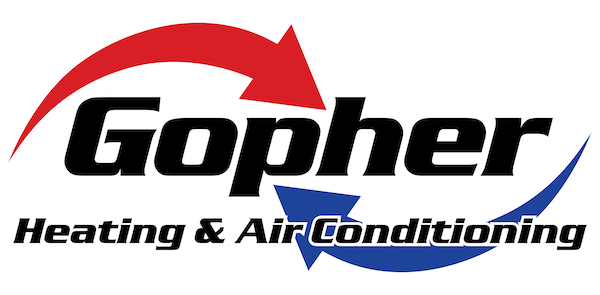
We spend a good majority of our time in our homes. As a matter of fact, the Environmental Protection Agency (EPA) has determined being indoors accounts for 90% of our time. Having said that, the EPA also has determined your indoor air can be three to five times more polluted than outdoors.
That’s because our residences are tightly sealed to enhance energy efficiency. While this is good for your heating and cooling bills, it’s not so good if you’re amid the 40% of the population with respiratory allergies.
When outdoors ventilation is limited, pollutants such as dust and volatile organic compounds (VOCs) may get stuck. As a consequence, these pollutants can worsen your allergies.
You can improve your indoor air quality with crisp air and usual dusting and vacuuming. But if you’re still struggling with symptoms while you’re at your residence, an air purifier could be able to provide assistance.
While it can’t eliminate pollutants that have landed on your furnishings or carpeting, it could help freshen the air circulating across your residence.
And air purification has also been scientifically confirmed to help lessen some allergic symptoms, according to the American College of Allergy, Asthma and Immunology. It can also be helpful if you or a family member has lung issues, such as emphysema or COPD.
There are two options, a portable air purifier or a whole-home air purifier. We’ll examine the advantages so you can figure out what’s right for your residence.
Whole-House Air Purifier vs. Portable Air Purifiers
A portable air purifier is for a lone room. A whole-house air purifier accompanies your home comfort equipment to clean your full house. Some kinds can purify independent when your heating and cooling equipment isn’t running.
What’s the Best Air Purifier for Allergies?
Seek a purifier with a High Efficiency Particulate Air (HEPA) filter. HEPA filters are used in hospitals and provide the most comprehensive filtration you can find, as they trap 99.97% of particles in the air.
HEPA filters are even more beneficial when used with an ultraviolet (UV) germicidal light. This powerful blend can wipe out dust, dander, pollen and mold, all of which are common allergens. For the best in air purification, evaluate a unit that also has a carbon-based filter to reduce household odors.
Avoid using an air purifier that creates ozone, which is the primary element in smog. The EPA warns ozone may worsen respiratory issues, even when released at minor concentrations.
The Allergy and Asthma Foundation of America has made a list of questions to ask when buying an air purifier.
- What can this purifier extract from the air? What doesn’t it take out?
- What’s its clean air delivery rate? (A higher number means air will be purified more quickly.)
- How often does the filter or UV bulb need to be replaced]? Can I complete that on my own?
- How much do replacement filters or bulbs cost?
How to Decrease Seasonal Allergy Symptoms
Want to receive the {top|most excellent|best] performance from your new air purification system? The Mayo Clinic advises doing other steps to decrease your exposure to problems that can cause seasonal allergies.
- Stay inside and keep windows and doors shut when pollen counts are elevated.
- Have other family members mow the lawn or pull weeds, since this work can irritate symptoms. If you are required to do these jobs yourself, you may want to consider using a pollen mask. You should also shower immediately and change your clothes once you’re finished.
- Avoid drying laundry outside.
- Run the AC while at your house or while in the car. Consider using a high efficiency air filter in your home’s heating and cooling equipment.
- Equalize your residence’s humidity percentage with a whole-house dehumidifier.
- Hardwood, tile or linoleum are the ideal flooring materials for lowering indoor allergens. If your home has carpet, add a HEPA filter on your vacuum cleaner.
Let Our Specialists Handle Your Indoor Air Quality Requirements
Want to progress with adding a whole-house air purifier? Give our specialists a call at 952-373-0377 or contact us online to get an appointment. We’ll help you choose the ideal equipment for your family and budget.



